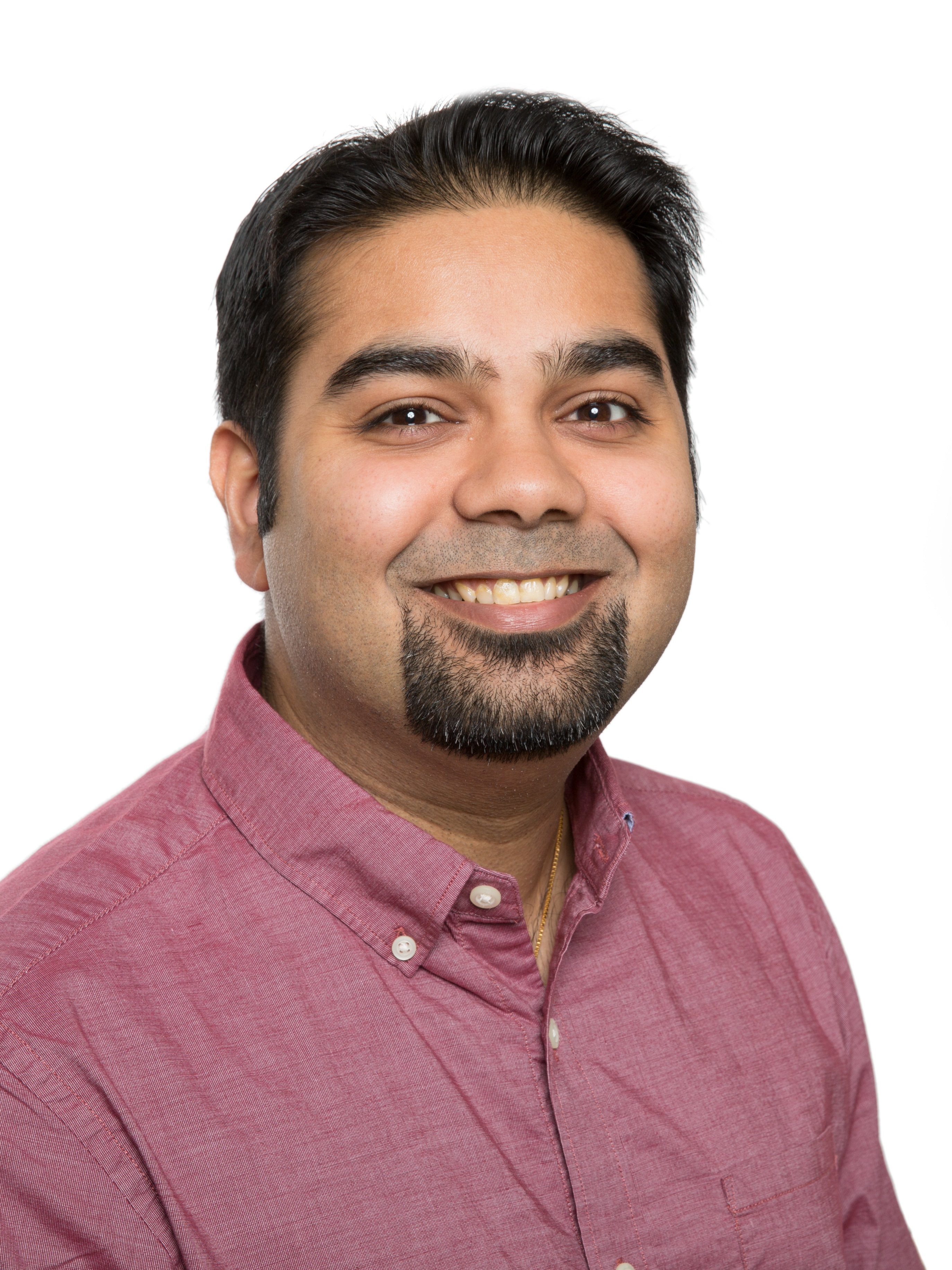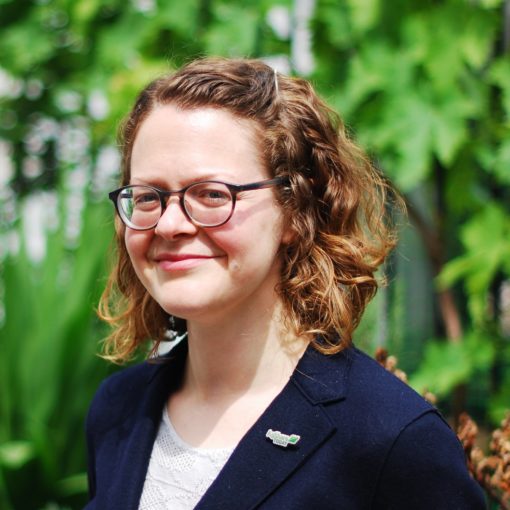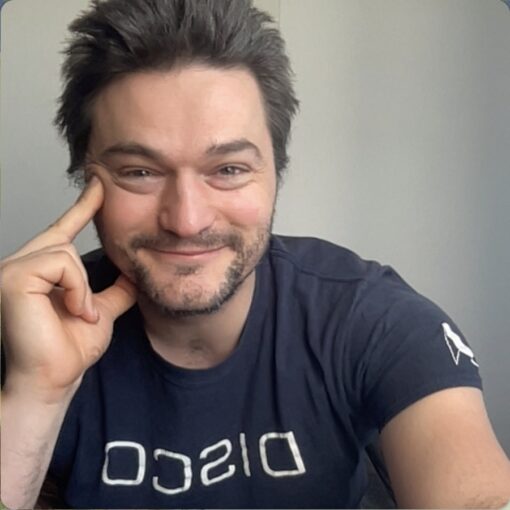Masters in Genetic Counselling, Wayne State University (2007)
| Manager, Medical Science Liaison’s Women’s Health | |
|---|---|
| Natera | |
Year entered into a non-academic position: 2013
Job highlight: Working closely with commercial sales team to educate health care providers in women’s health about genetic testing options available for their patients
My academic training …. provided me with the soft skills and gave me the tools required to do my job in the industry
My industrial experience taught me: It has reiterated something that I was told by my parents in my teenage years, build relationships first, do business later
Years of non-academic/industrial experience: 7
What’s your background?
I have a Bachelors and Masters degree in Life Sciences and a second Masters in Genetic Counselling. In between my two Masters degrees, I worked in a cytogenetic laboratory for 9 months wearing multiple hats.
Why did you move away from academia?
I wouldn’t say I was ever in academia really. My very first job out of graduate school was in a physician’s private practice – not normal for most genetic counsellors. I choose this primarily for two reasons:
- At the time, I had intended on coming back to my home country (India) and that would have meant establishing private practice so I thought this would be a good way to do that.
- Immigration reasons! Getting sponsorship was a lot easier for me at that time in a non-academic institution.
How did you get this job? Did you face any challenges when considering a move away from academia or applying for the role?
In general, I work best in a fast-paced setting and I was very excited at the opportunity of working for a start-up. I’m currently employed in a place that is very fast paced and at the time was still coming out of the start-up phase. It also gave me an opportunity to influence many more patients than I ever could in a clinic.
What motivated you to/why did you choose the sector you transitioned into?
Genetics has fascinated me for a good 20+ years now and the advances that we keep seeing in this field ensures that you’re never getting too comfortable in what you know. To think of how far we have advanced in this field in the last 10 years alone is unbelievable.
Did you think you had the skills (including transferable skills) required for your current position before you started? Were you right? How did you acquire the relevant (transferable?) skills?
I knew I had the skills to get started but I also knew that there would be a learning curve. Look, the industry works at a pace that is much faster and so it’s either sink or swim. In the first few weeks, it felt like I was indulging in some “fake it till you make it” tactics. But I was open to learning from peers working with me and from other colleagues working in other departments. I had never worked with sales before but I used the skills I had learned as a genetic counsellor and just changed my client from the patient to the sales representative to the doctor that I was meeting with. Things like establishing a rapport, reading non-verbal body language, tone of voice, figuring out how much information they really needed v/s how much information I thought they needed.
In general, I learned that the harder I tried to look smarter the worse the meetings were. The simpler I kept my conversations, the more effective I started becoming in my communications with the clients.
Did you have any preconceptions about your sector that proved to be wrong?
I had heard the industry is cut-throat and there’s no room for emotion. But I disagree with that notion. I have forged some of my best friendships here.
Can you describe a typical week in your job?
It’s changed a lot with COVID-19! Pre COVID-19 in addition to managing my team of MSLs, I was also travelling a lot to meet with clients. I’d say now a typical week for me involves multiple virtual meetings, some with clients and many internal meetings. I have a team of 6 MSLs that report to me, so I have weekly 1:1’s with them, a team meeting with everyone on my team discussing updates from the field, a bigger team meeting with all the MSLs (there are 7 others that are managed by my counter-part), meetings with the management team for the medical education team to discuss the immediate needs and planning for the future direction of the team etc. Personally, I like being involved in writing abstracts and publications, so I spend some of my time working on this every week.
What is the workplace culture like? Please include comments on work-life balance, flexibility, remote working?
I work remotely and have done so for almost 7 years now. This does offer me some flexibility in that I can get started fairly early in the morning. I am a morning person and my most productive time is early morning before there are any distractions. It then also allows me to disconnect for some time when my daughter wakes up and I can help her get ready. Work-life balance can be tricky since your laptop is right there, you get emails on your phone and there’s always the temptation to respond to that one more email. Working in a country like the US, also means you work in different time zones and sometimes there are meetings that are happening at a time zone that you’re not in. So, you make some adjustments. Also, being client facing some of my meetings are over dinner so there’s that. But, you learn to adjust. If I have to work late hours one day then I can adjust accordingly the next.
What are your favourite parts of your job?
It’s going to sound very philosophical, but it’s the truth. There are so many meetings that I am in, where I am the dumbest person in the room and I love it! Not because it gives me an excuse to be quiet, but because that is such a great opportunity to learn something new.
What are your reflections on your career path?
It’s only 13 years old, so it’s not like I’ve had this great long career that I look back on fondly and recall my best times. So far, the journey has been great but there’s a lot more to come!
Do people with a PhD frequently get hired in the company/sector?
Even though I don’t have a PhD, just looking at the number of PhD’s I work with, I will say yes. And I would’ve liked to get one too, but the terminal degree in the field of genetic counselling is a Masters. The PhD’s I work with have their specializations in other fields.
Do you have any advice for current postdocs or research students considering a career outside of academia?
Keep an open mind and don’t be averse to taking the leap. There’s a saying in Hindi, “Udaan bharne ke liye, chalang lanaga zaroori hain”, which loosely translates to if you want to learn how to fly/soar, you have to first jump!
Do you have any advice for Master’s students considering further education or a non-academic career?
If you’re good at what you do, there’s always going to be a successful career waiting for you. Your degree doesn’t define you, the skills and qualities you bring to the table do. Don’t let that ever put you off.
Can you recommend any relevant resources, organisations or events that might help somebody new to the sector find out more about it?
I think this would really be different for everyone depending on what career path you are taking. There isn’t a one size fits all resource that will work for everyone. Invest time in finding what you want to do and there will be resources you can tap into. I read a book by Carmen Gallo, “The Storyteller’s Secret” where he says when he wants to find what people are really passionate about, he asks them, “What makes your heart sing?”. Ask yourself that and the answer to that will lead you.





